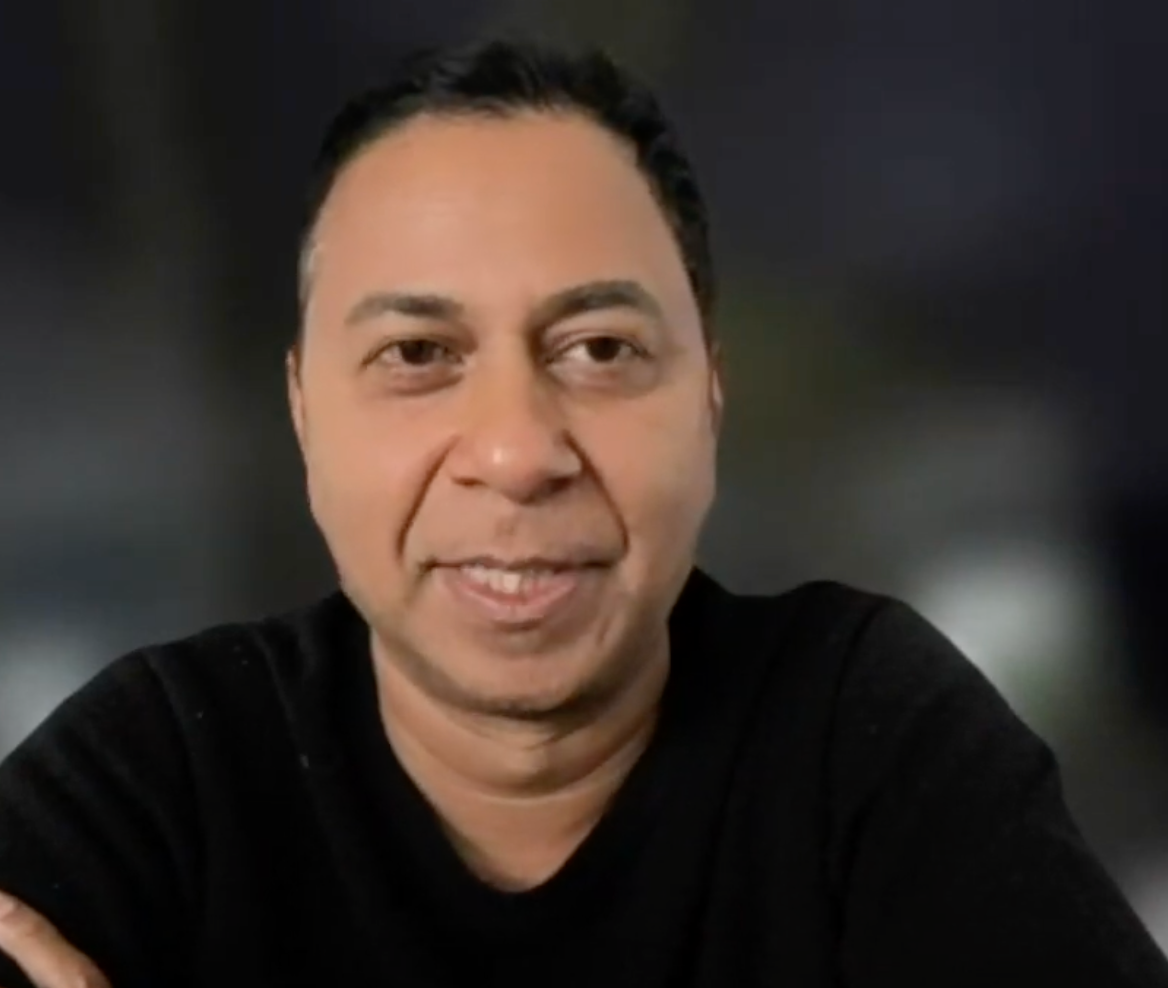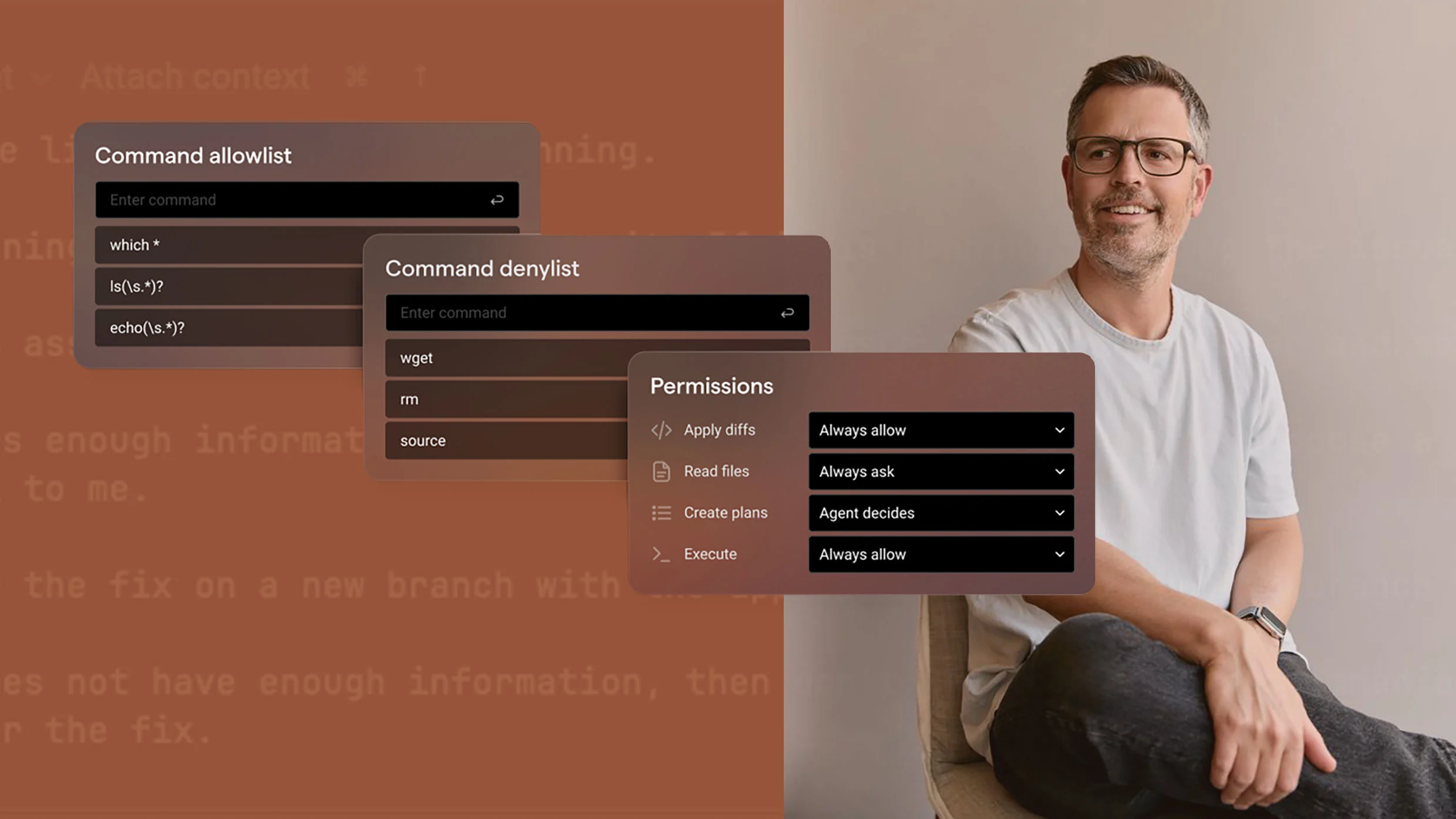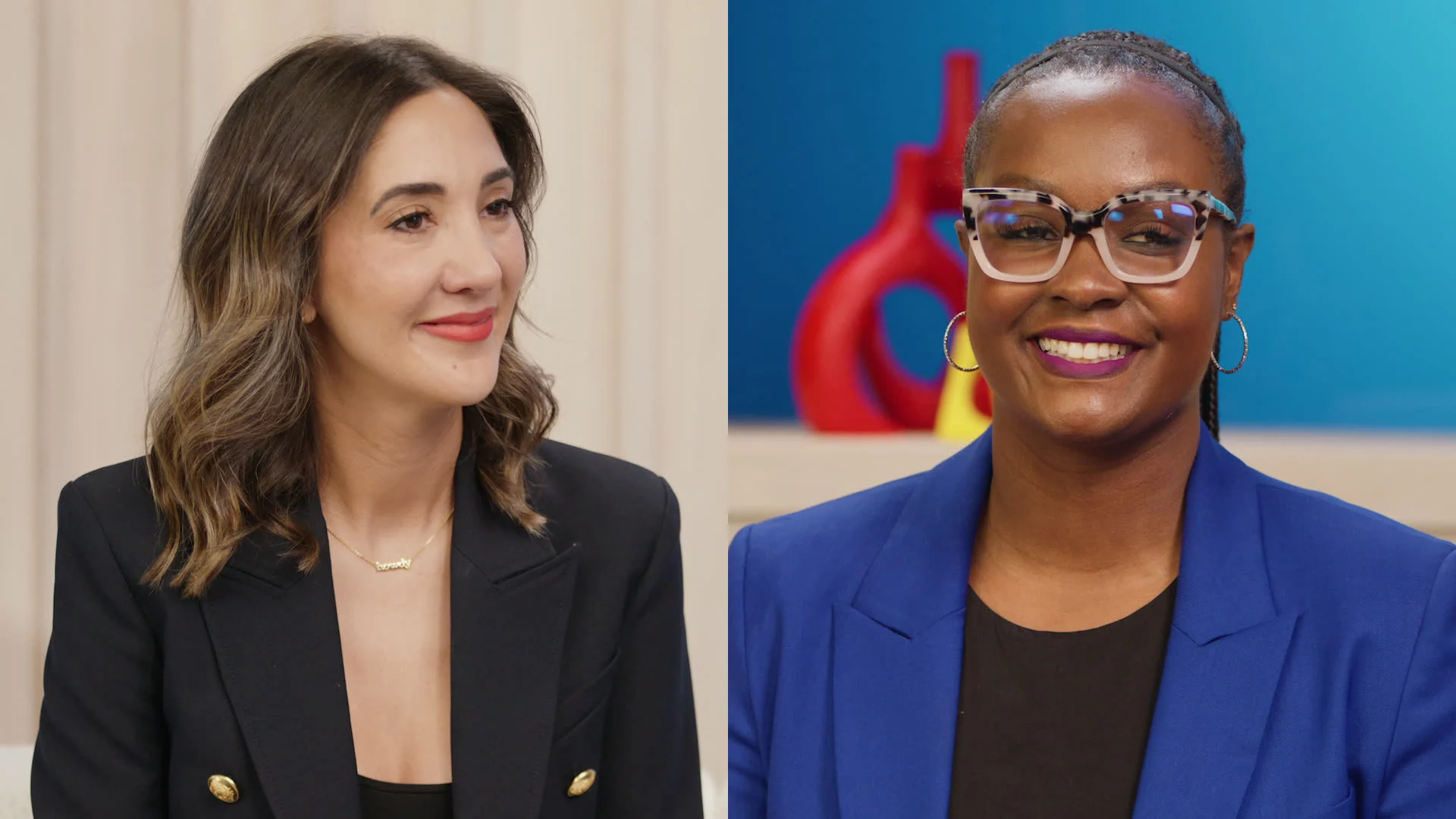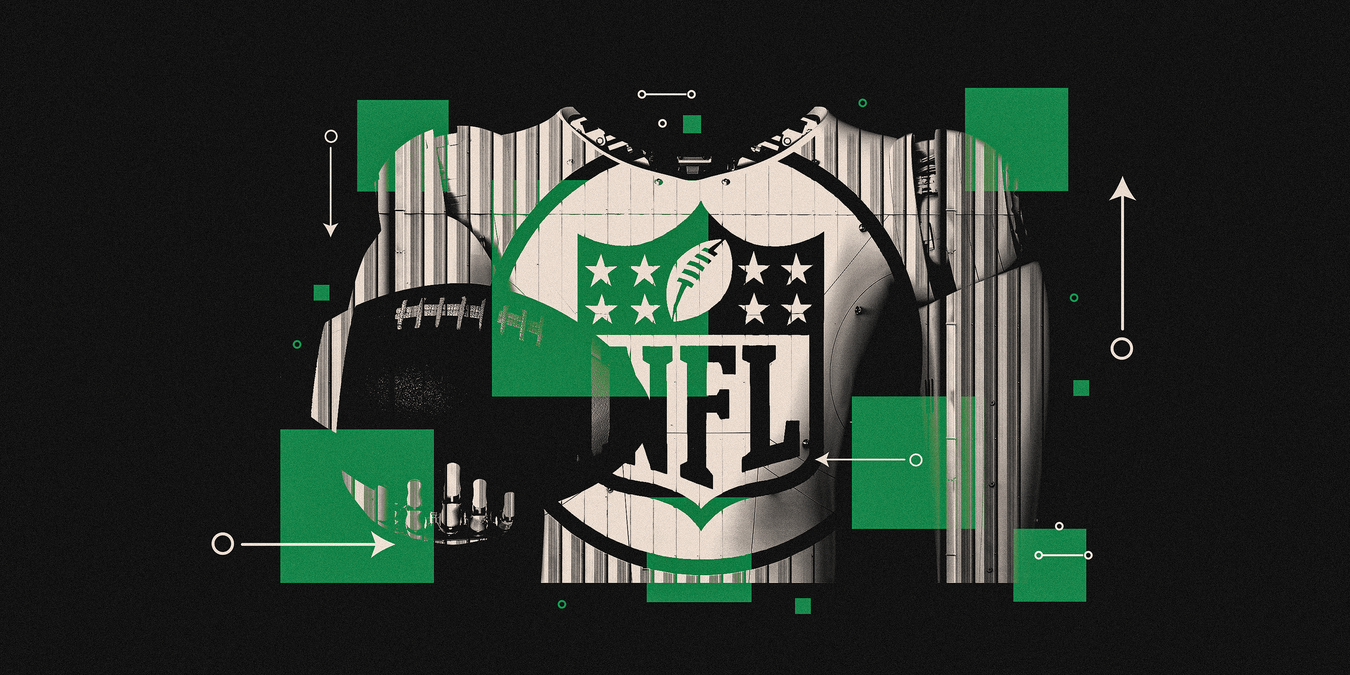In an era where technology is reshaping industries, the healthcare sector is witnessing a transformative shift with the integration of artificial intelligence (AI). At the forefront of this transformation is Lyric, a company spearheaded by CEO Rajeev Ronanki, M.S., who is leading the charge in utilizing AI to enhance the accuracy and efficiency of medical claims processing.
Medical claims processing is a complex task fraught with potential for human and system errors. Ronanki articulates the magnitude of the challenge: “What we’re doing is finding the billions of things that could go wrong in terms of human error or system error or a combination of the two.” By leveraging AI, Lyric is adept at identifying inconsistencies between what is permissible and recommended by publicly available guidelines and how claims themselves have been codified relative to those guidelines.
The Role of AI in Error Detection
AI’s ability to analyze vast amounts of data rapidly is unparalleled. “Imagine humans trying to ferret through all of that. It’s going to be nearly impossible, right? So AI is essentially helping us find those patterns and detect those anomalies,” Ronanki emphasizes. Unlike humans, who excel at recognizing outliers in sparse data due to instinctive insights, AI thrives in processing immense datasets to identify anomalies.
The synergy between human intuition and AI’s computational prowess creates a “really powerful combination,” according to Ronanki. This partnership allows for a more comprehensive and efficient approach to error detection, enabling the healthcare industry to minimize inaccuracies in medical claims.
AI as a Supportive Tool in Healthcare
While AI is a formidable asset in processing and analyzing data, Ronanki underscores its role as a supportive tool. “When it comes to determining what’s necessary and appropriate, that should be between a doctor and a patient,” he asserts. This delineation of responsibilities ensures that clinical decisions remain in the hands of healthcare professionals, with AI serving to augment their capabilities rather than replace them.
The integration of AI into the healthcare sector is not merely about replacing human roles but enhancing them. By automating repetitive and error-prone tasks, AI allows healthcare professionals to focus on patient care and clinical decision-making, ultimately improving patient outcomes.
Challenges and Future Prospects
The adoption of AI in healthcare, particularly in medical claims processing, is not without its challenges. Ensuring the accuracy of AI systems and maintaining data privacy are paramount concerns. However, the potential benefits far outweigh these challenges. As AI technologies continue to evolve, their integration into healthcare promises to streamline operations, reduce costs, and enhance the quality of care.
The future of healthcare lies in the harmonious integration of human intelligence and artificial intelligence. By combining the strengths of both, the industry can achieve levels of efficiency and accuracy previously unattainable. As Ronanki and Lyric continue to innovate, the healthcare sector can look forward to a future where technology and human expertise work hand in hand to improve patient care.
Note: This article is inspired by content from https://www.managedhealthcareexecutive.com/view/lyric-ceo-rajeev-ronanki-m-s-on-human-and-artificial-intelligence. It has been rephrased for originality. Images are credited to the original source.








